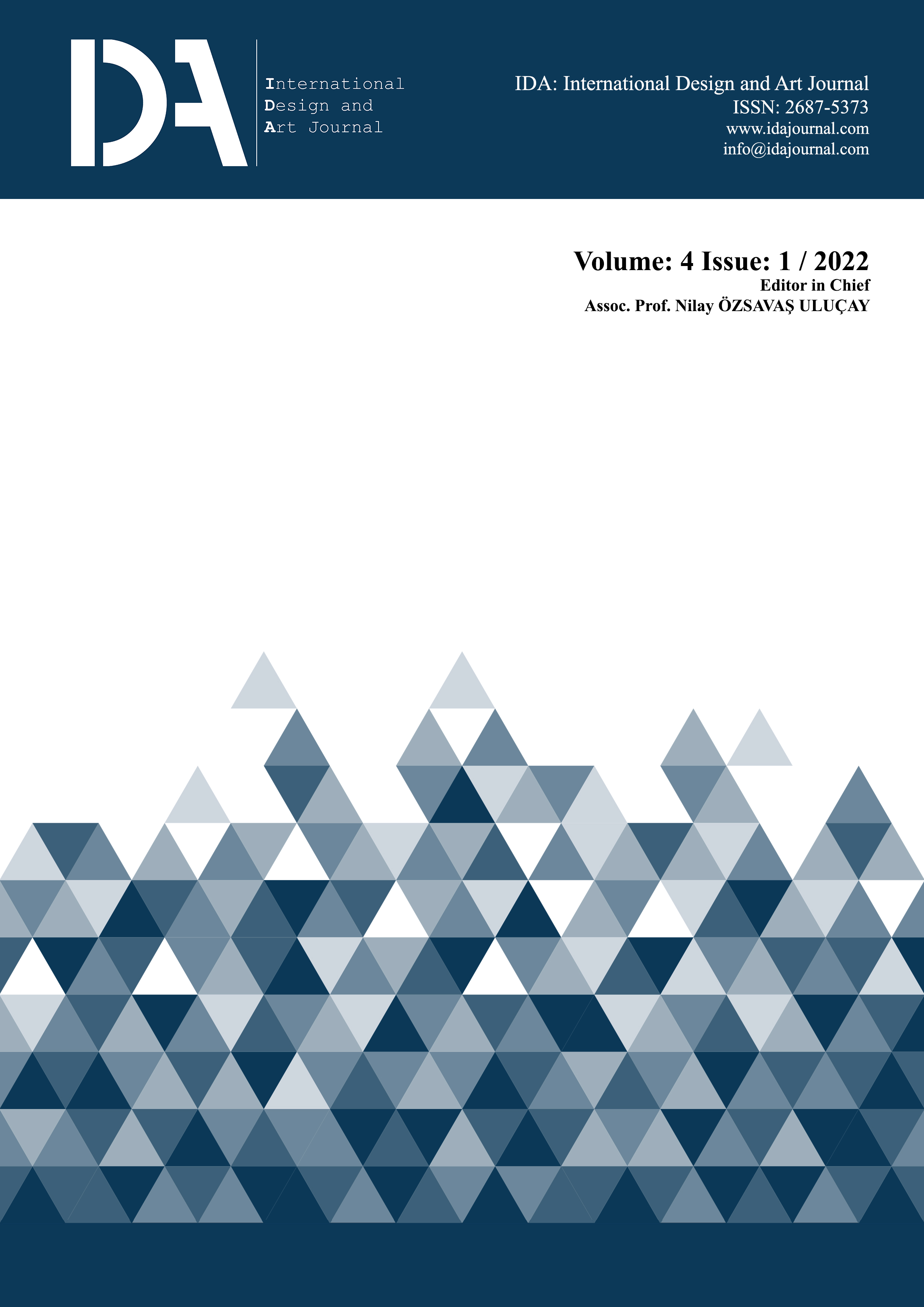A study on applications of glocalization in creative industries
Anahtar Kelimeler:
Postmodernism- Creative Industries- Globalization- GlocalizationÖzet
The painful transition process from modernism to postmodernism makes its impact felt in the field of globalization as well. Advances in technology have overcome the difficulties experienced in mass production and accessing global markets, enabling the integration of more local markets into the global economy. However, the rapid increase in participants made it difficult to compete in the global market, and the proliferation of different local markets caused cultural differences to become more evident. The study examines the contribution of creative industries and glocalization strategies to the resolution of the global-local conflict, by considering them together. In this study, the findings were analyzed by using the literature review and the survey method together. A total of 310 people, 145 men and 165 women, participated in the survey in Janury 2019. In the case of Turkey, the research shows that there is a positive correlation between the customer experience created by the global brand by considering the cultural, economic and political data of the local society and the level of ad appreciation.
Referanslar
Antmen, A. (2016). 20. Yüzyıl batı sanatında akımlar: Sanatçılardan yazılar ve açıklamalarla. Sel.
Azizağaoğlu, A., & Altunışık, R. (2012). Postmodernizm, sembolik tüketim ve marka. Tüketici ve Tüketim Araştırmaları Dergisi, 4(2), 33-50.
Classifying and measuring the creative industries: Consultation on proposed changes. (2013). Department for Culture, Media & Sport.
Creative economy report 2010: Creative economy: A feasible development option. (2010). https://unctad.org/system/files/official-document/ditctab20103_en.pdf
Creative industries mapping document. (2001). Department for Digital, Culture, Media & Sport.
Creative nation: Commonwealth cultural policy, October 1994. (1994). Department of Communications and Arts.
Egilmez, M. (2018). Değişim sürecinde Türkiye: Osmanlı'dan Cumhuriyet'e sosyo-ekonomik bir değerlendirme. Remzi Kitabevi.
Friedman, T. L. (2000). The Lexus and the olive tree. Anchor.
Glocalization. (1991). In the oxford dictionary of new words. Oxford University Press.
Harvey, D. (1997). Postmodernliğin durumu: Kültürel değişimin kökenleri. Metis.
Jameson, F. (1985). Postmodernism and consumer society. In H. Foster (Eds.). Postmodern culture (p. 113-133). Pluto Press.
Levitt, T. (1983, May). The globalization of markets. Harvard Business Review, 307-318.
Mccoll, D., & Legorburu, G. (2016). Hikaye tasarımı. MediaCat.
Robertson, P. R. (1992). Globalization: Social theory and global culture. SAGE.
Schmidt, E. (2014, October 13). The new Gründergeist. Google Europe Blog. https://europe.googleblog.com/2014/10/the-new-grundergeist.html (03.01.2022).
Singh, N. K. (2013). Multilingual trends in a globalized world: Prospects and challenges. Cambridge Scholars Publishing.
Talu, N. (2010). Modernlik söylemi: Endişeli bakışlarda modern birey. METU Journal of Faculty of Architecture, 27(2), 141-171. https://doi.org/10.4305/metu.jfa.2010.2.8
Taylor, F. W. (1997). Bilimsel yönetimin ilkeleri. Çizgi Yayınları.
UNESCO, & UNDP. (2013). Creative economy report 2013: Widening local development pathways.
İndir
Yayınlanmış
Sayı
Bölüm
Lisans
Telif Hakkı (c) 2022 IDA: International Design and Art Journal

Bu çalışma Creative Commons Attribution-NonCommercial-ShareAlike 4.0 International License ile lisanslanmıtır.
IDA: International Design and Art Journal açık erişimli akademik bir dergidir. Kabul edilen makalelerin tüm yayın hakları IDA: International Design and Art Journal'a devredilmiş sayılır. Makaleler başka bir yerde yayınlanamaz, kopyalanamaz ve referans göstermeden kullanılamaz.

IDA: International Design and Art Journal Creative Commons Atıf-GayriTicari-AynıLisanslaPaylaş 4.0 Uluslararası Lisansı ile lisanslanmıştır.


